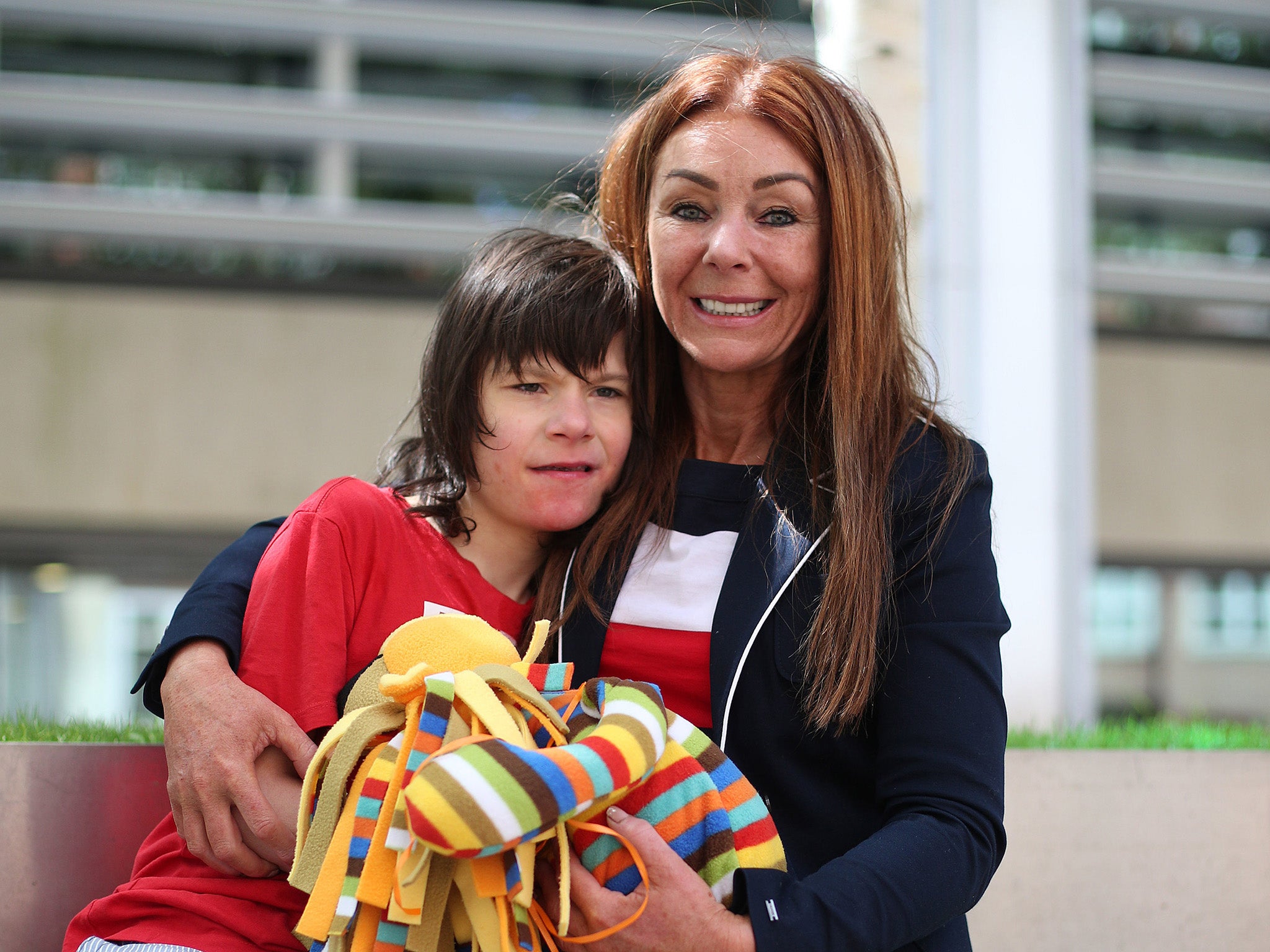Denying patients access to life changing cannabis oil on the NHS is about politics not medicine
Access is not the only problem - the cost of these prescriptions means only those with deep pockets can obtain a supply, writes Ian Hamilton


There can’t be anything crueler for a parent than having found a medicine that prevents your child from experiencing up to 300 seizures a day to then have the treatment blocked by legal bureaucracy. Turns out that this can be trumped.
Two years ago, Charlotte Caldwell fought and won a battle against the Home Office’s ban on bringing medicinal cannabis into the UK to help treat her then 13-year-old son Billy. But the protracted arrangement which allowed the medicine to be imported from Canada is coming to an end. The mother is once again having to take on the government to ensure her son’s access to cannabis oil continues and is calling on the UK government to honour its promise of allowing access to these medicines through the NHS.
In 2018, the government changed the law on medicinal cannabis to ensure children like Billy could access cannabis-based medicines. Sajid Javid, the then home secretary, made this legal change having reviewed the evidence on their effectiveness in treating conditions like childhood epilepsy. This raised the hopes of many parents and adults who thought that their years of struggling to use medicinal cannabis products legally had arrived. It seems their hopes were raised heartlessly, with only a handful of prescriptions issued via the NHS since the law change.
Access is not the only problem - the cost of these prescriptions means only those with deep pockets can obtain a supply.
A closer look at the legislation and how individuals can go about securing the necessary permission to obtain medicinal cannabis products makes it clear this is not an easy or quick process. There aren’t many other medicines that require this amount of administration, expert reports and assessments to simply get hold of a drug.
Some medicines are tightly controlled because they can be abused or, paradoxically, cause significant harm, but medicinal cannabis products don’t meet either of those criteria. The worst they are likely to do is provide false hope to some individuals who are often at their most vulnerable with - for example, terminal cancer. So, something else seems to be behind this complex and onerous set of legal arrangements that have all but blocked access to medicinal cannabis.
Javid called for and reviewed the available evidence about the effectiveness of these products, so it can’t be that. He was told that they do have a place in treating some forms of childhood epilepsy, such as the one Billy Caldwell suffers from. But as so often with drugs that have been illegal and then found to have potential health benefits, this isn’t about science or logic. This is about ideology and propaganda.
Some politicians and even medics believe that loosening the law on drugs like cannabis, even just for medicinal access, will create a surge in people trying to get these medicines as an alternative to black market cannabis. They would of course be severely disappointed, as these medicines don’t get you high. Apart from anything else, it would be a costly way of buying cannabis even if they did.
The other fear these groups have is that allowing access to medicinal cannabis products is just the precursor to full legal access to cannabis for recreational purposes. Well, that clearly hasn’t happened and would that be such a bad thing if it did? We’ve hardly made a good job of prohibiting access to this drug for recreational reasons so far. It’s still used by millions of us every year, without any quality control or contribution to the state coffers.
Far from being a progressive change in the law, the 2018 move - trumpeted as opening access to medicinal cannabis products - has taken these medicines out of the reach of most parents and children, unless you have money and access to a private doctor. Maybe that was the aim all along, as yet another part of the NHS is contracted out to the private sector.
Ian Hamilton is associate professor of addiction at the University of York

Join our commenting forum
Join thought-provoking conversations, follow other Independent readers and see their replies
Comments